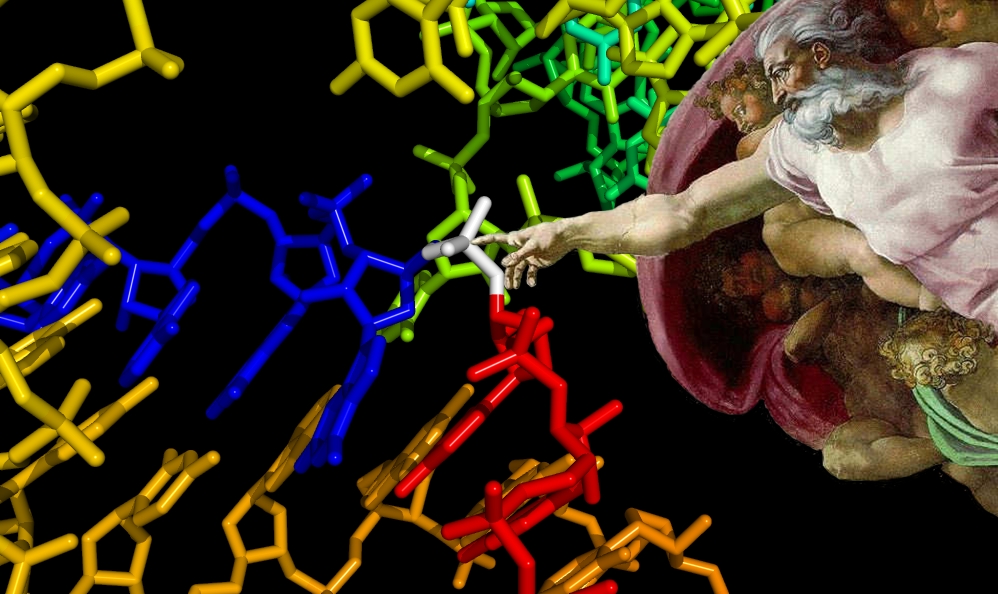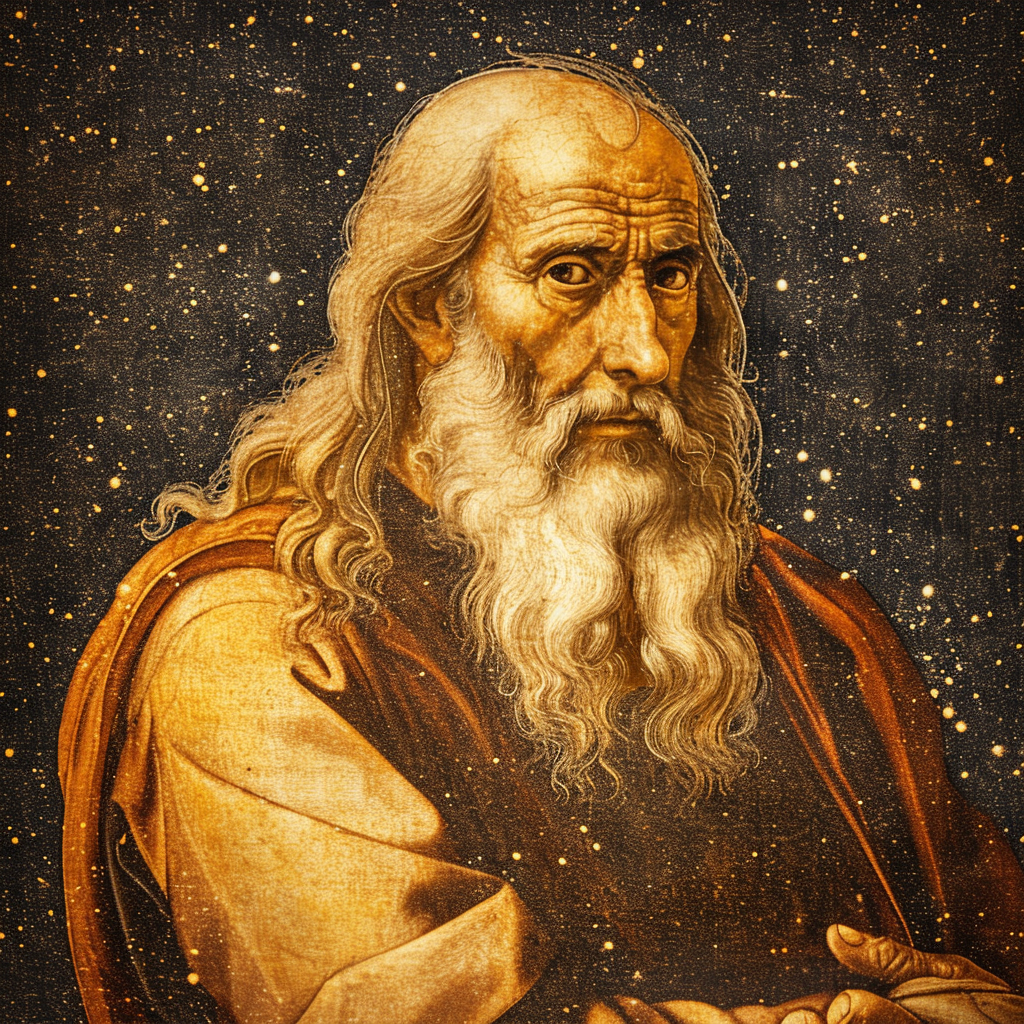God
-
Q: If you could ask God any question, what would it be? and what would be the question that God asks in response?
Q: If you could ask God any question, what would it be? and what would be the question that God asks in response? A: Eric: Why are you so explicit in the Bible but so silent in nature? God: How would I get people to read my book if they knew the ending?
-

Untruth: Evolution proves there is no God.
Contrary to popular belief, evolutionists make no claim that biological evolution proves that God does not exist. In fact, many leaders in the field of evolutionary theory are theists, and many of them have no problem reconciling their beliefs with their work. All attempts to disprove evolution have proven futile. Considering this, doesn’t it make…
-
Leap of Logic
Why is it a logic leap to say that existence implies a creator, but statistical inevitability is not? During a discussion I was having with one of my very good friends, a question came up that I had to stop and think about. It’s a delicate matter, with an important subtlety that has to be…
-
WHAT IF there was no God?
I have been raised to believe in God, and I have always felt a presence, though my definition of the source of that feeling has changed over time. But, throughout that time, I truly believed in a higher power of some kind, continually watching over me. I simply couldn’t think of the world without a…
-

Dog Spiel
In our schools and public places The meme of submission minus reason perpetuates, Replicates like bacteria in our sweet minds. We live, some learn, and work ourselves to death, But that was why we were created, wasn’t it? So much needless and mindless discussion, Of things that do and can change nothing. Philosophists invent discussions,…
-

The Gospel
God, protect me from your people, With closed minds and blind third eyes. Misinformation and half-truths Are barely discernable from the lies. I’ve felt your presence and your power, My biology is impossible to deny. But I do not fear to think these thoughts, I’d rather know uncomfortable truths than reassuring lies. I appreciate all…
-
My Stance on Jesus Christ
Let one of my favorite fictional characters take over for a moment and I will get right back to you… “I’m a Christian in the sense that I find Jesus Christ to be an admirable historical figure. I think the Sermon on the Mount is one of the greatest ethical statements and one of the…